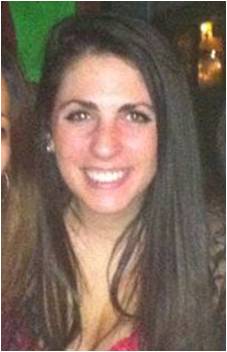Friends told me that volunteering in a long-term care facility would be sad and depressing. “Why don’t you volunteer at a children’s hospital,” they said, “…where you can play games with sick kids who want to have a good time? After all,” they said, “nursing homes are just full of lifeless, hopeless people waiting to die.”
It turned out that this was not the case, as I discovered shortly after beginning my weekly visits to the Penn Center for Rehabilitation and Care, a nursing and rehabilitation center where patients suffer from a variety of debilitating diseases, including stroke, Parkinson’s Disease, and Alzheimer’s Disease. Instead of leaving my three hours of volunteering each week with a feeling of sullenness, I leave with a sense of satisfaction. I also leave with a much-needed boost in motivation to keep working through my pre-med course requirements because I am reminded of how much I want to be a doctor.
The patients at Penn Center have become familiar people to me, each with a unique personality and story to share. Melinda, a 73-year-old resident, who owned and managed a restaurant in south Philly for her entire adult life, waits for me outside her room every Friday at2 pm, the time each week when I arrive at the center and head towards the recreation room where I play the piano to entertain the residents and help run art class. “You remind me so much of my daughter,” she told me at least five times the first day I met her. I look forward to seeing her every week as well; as a student at a big anonymous place like Penn, it is a wonderful feeling to have someone eagerly and warmly awaiting my arrival.
My experiences at Penn Center illustrated for me the basic difference between caring for young children and caring for the elderly. Yes, the tangible tasks involved are often the same: they both need help eating, speaking, and going to the bathroom. However, helping an adult with such needs requires an important additional component: you must help them while also taking care to allow them to feel respected and dignified as adults. Volunteering at Penn Center also gave me the opportunity to hear really cool life stories from the residents, many of whom are eager to share them because they are happy to see a young and vibrant person who can take the time to listen. Ultimately, I have learned a great deal from volunteering at Penn Center about how to interact with sick people, but also from the wisdom of older patients who know a great deal about life in general.







